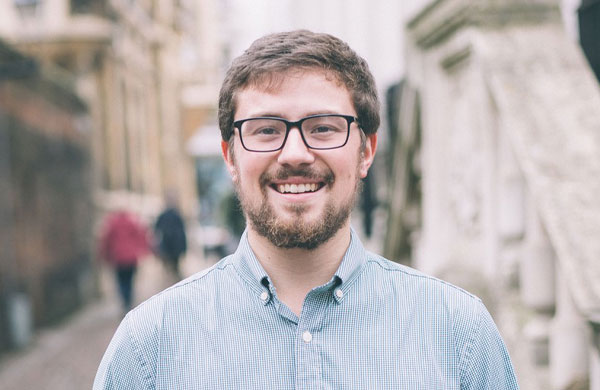Nicholas D. Barber
BS geosciences ’18
Wares Postdoctoral Research Fellow, Department of Earth and Planetary Sciences, McGill University (Montreal, Quebec)
Age 28
My Greatest Accomplishment:
The completion of my PhD, which addressed exciting frontiers in both our understanding of hazardous volcanoes in places like Indonesia, and the volcanic processes that give rise to ore deposits crucial to the green economy. I am proud of the professional relationships I have forged with colleagues in Indonesia, which has laid the groundwork for my current and future work studying the volcanoes in Java. I am also grateful for the opportunities my graduate institution, Cambridge, afforded me to grow as an educator and research mentor.
How Drexel Helped Me:
I received amazing support from the Pennoni Honors College, specifically the Undergraduate Research Excellence Program. I benefited immensely from the STAR program, which gave me a practical introduction to independent research. I received generous financial support allowing me attend conferences nationally and internationally, growing my network and improving my presentation skills. I also received personalized guidance in applying for undergraduate fellowships, culminating in the Goldwater Scholarship, the NOAA Hollings Scholarship, and the Gates-Cambridge award, which allowed me to pursue my doctoral studies in the United Kingdom. Finally, I had the benefit of wonderful teaching and mentoring from Drexel faculty like Professor Loÿc Vanderkluysen, who taught me most of what I know about how to be an effective scientist and teacher, and who first introduced me to volcanology.
Where I Hope to Be in Five Years:
Since I will be joining the faculty of Washington and Lee University as an assistant professor of Earth and environmental geoscience later this year, I hope to be preparing to undergo tenure review. At that time, I hope to have built an interdisciplinary and inclusive volcanology research group, undertaking exciting work on active volcanoes and ore deposits across the world. I aim to have improved my teaching practice, developing courses which expose a broad spectrum of students to critical questions of our time: What processes drive eruptions and how do we protect vulnerable populations from eruptions? How do we ethically source critical metals to build a green economy? How do humans cope with and persist in the face of disasters?
The Change I Would Most Like to See in the World:
I would like to see higher education, particularly the sciences, adopt inclusive practices rooted in equity that make the study of the natural world accessible and welcoming to people of all backgrounds.


